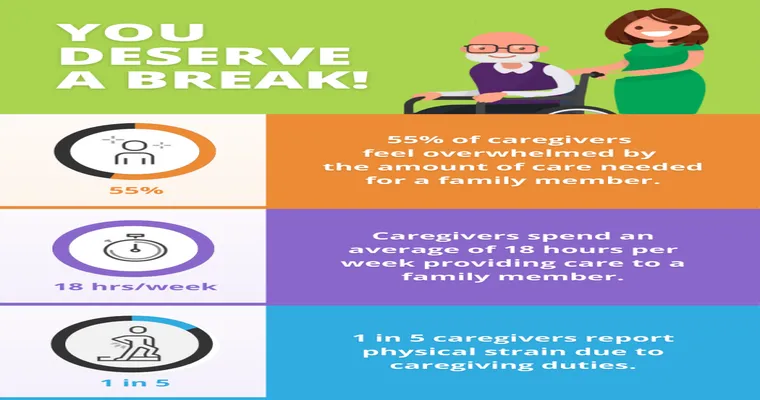Finding the right "senior care" can be a daunting task, especially when you want the best for your loved ones. The journey often begins with understanding the various types of "senior living options" available, assessing individual needs, and researching local resources. Whether you are looking for "assisted living", "nursing homes", or "in-home care", knowing where to start can make the process smoother and less overwhelming.
Assessing Needs
The first step in your search for senior care is to assess the specific needs of your loved one. Consider their physical health, mental well-being, and social preferences. Are they able to live independently, or do they need assistance with daily activities? Understanding these factors will help you narrow down the right type of care.
Researching Options
Once you have a clear picture of the needs, begin researching the various "senior care options" available in your area. Here are some common types to consider:
1. "In-Home Care": This option allows seniors to receive care in the comfort of their own homes. Services can range from personal care assistance to skilled nursing services.
2. "Assisted Living": For seniors who need help with daily activities but still want to maintain some independence, assisted living facilities offer a middle ground with support services available.
3. "Nursing Homes": These facilities provide comprehensive medical care and are ideal for seniors with more complex health needs.
4. "Memory Care": Specialized facilities cater to seniors facing memory-related conditions, such as Alzheimer’s disease or dementia.
Seeking Recommendations
Talk to family members, friends, or healthcare professionals for recommendations. Personal experiences can provide valuable insights into the quality of care available. Additionally, consider reaching out to local senior centers or community organizations that often have resources and referrals for "senior care services".
Online Research
Utilizing the internet can also be a powerful tool in your search. Websites dedicated to senior care provide reviews, ratings, and detailed descriptions of facilities and services. Look for platforms that offer comparisons and user testimonials to help you make informed decisions.
Visiting Facilities
Once you have a shortlist of potential options, schedule visits to facilities or agencies. This hands-on approach allows you to assess the environment, meet staff members, and ask questions about their services. Pay attention to the overall atmosphere and consider whether it feels like a welcoming place for your loved one.
Financial Considerations
Understanding the financial aspects of senior care is crucial. Investigate the costs associated with various options and explore potential funding sources, such as long-term care insurance, government assistance programs, or personal savings. Knowing the financial implications can help you make an informed decision that fits your budget.
Trust Your Instincts
Finally, trust your instincts when it comes to choosing a senior care option. Your loved one’s comfort and happiness should be the top priority. Take the time to weigh all the information you have gathered, and make a decision that feels right for both you and your loved one.
Finding the best senior care can be a challenging journey, but with thorough research, open communication, and careful consideration, you can find a solution that meets your loved one's needs. Start your search today, and take the first step towards ensuring their well-being and happiness in their golden years.





